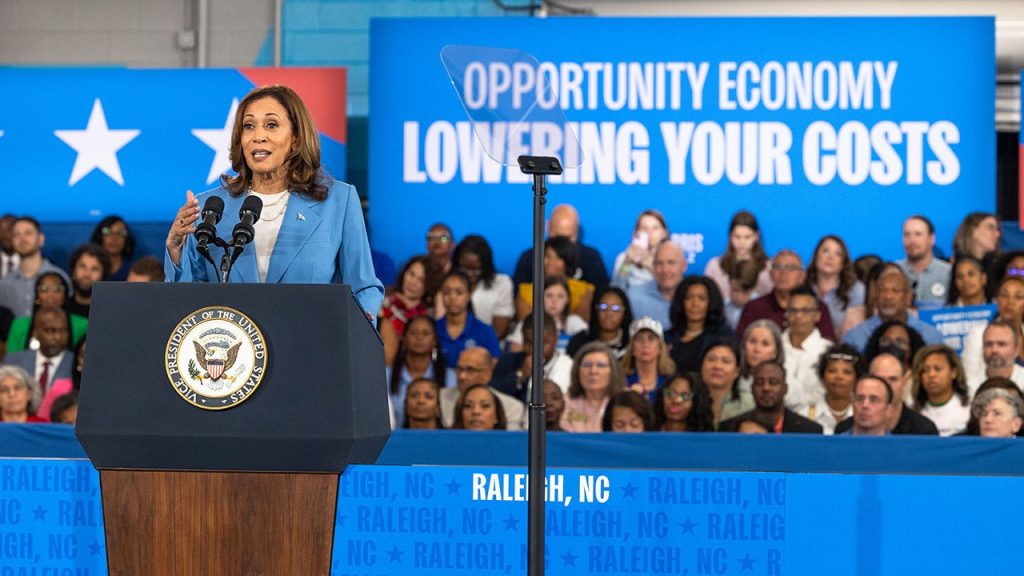Vice President Kamala Harris recently announced new tax proposals for small businesses, which she plans to unveil publicly in New Hampshire. The proposal aims to increase the federal government’s small business tax deduction from $5,000 to $50,000, which is expected to help reduce the cost burden of starting a new business. Small businesses will also be able to wait to claim the deduction until they become profitable, allowing them to use it over time to save more money. Harris also hopes to increase the number of new small business applications to 25 million under a potential Harris-Walz administration.
In addition to the tax proposal, Harris plans to incentivize state and local governments to reduce red tape associated with business regulations and lower barriers to obtaining occupational licenses. She also pledged to launch a small business expansion fund to assist loan providers in low-income areas, covering interest costs for small businesses looking to relocate or create jobs in underinvested regions. However, conservative economists have criticized Harris’s proposals, arguing that she wants to increase tax deductions for businesses while also raising their tax rates, calling the approach incoherent.
Critics have questioned Harris’s understanding of inflation and her attack on businesses ahead of her policy speech, labeling her behavior as “lunatic.” The details of the specific tax proposal package have not been fully disclosed, but former 2020 Biden campaign adviser Rhett Buttle stated that supporting small businesses is a core belief for Harris, as they are crucial for building a strong middle class and creating wealth in the country. Experts like Tobin Marcus have noted that while it may make political sense for Harris to focus on small business support, targeted federal policies for small businesses tend to have limited impact.
Meanwhile, the Trump campaign has emphasized the economic benefits of voting for President Trump, suggesting that he is the only option for voters looking to have more money in their pockets. The clash between different economic ideologies highlights the debate over how best to support small businesses and stimulate economic growth. Harris’s tax proposals, although aimed at helping small businesses, have faced criticism from some quarters, indicating a need for further discussion and analysis. It remains to be seen how these proposals will be received by the public and lawmakers as the campaign progresses.


